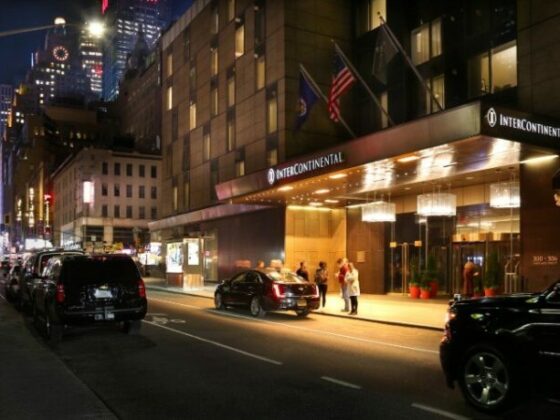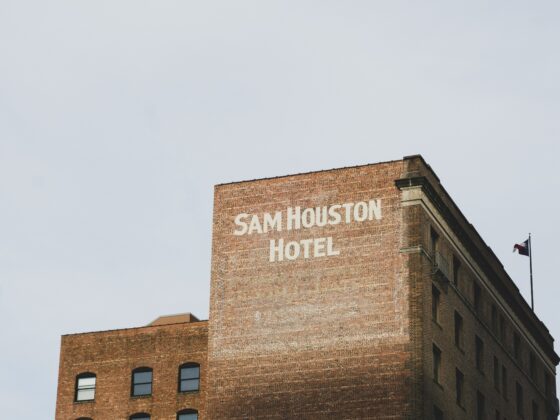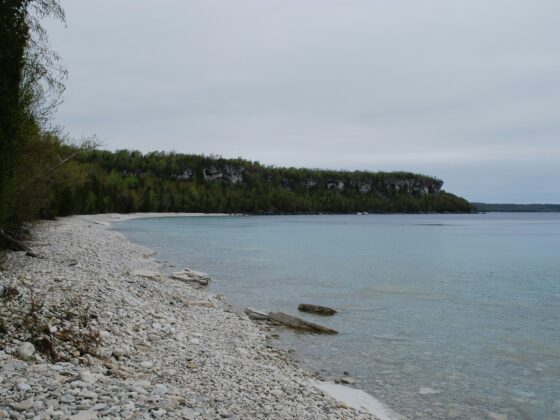A former specialist in operational preparation and execution of new locations for the Radisson Hotel Group, Thomas Hagemann joined Meininger in 2018 as Chief Operating Officer for one of Europe’s leading hostel brands. The group recently announced a new-build project in Strasbourg, France, and is steadily moving toward the milestone of 50 properties in Europe.
First, is your financial structure well established, considering you were part of an Indian conglomerate, Cox & Kings, which have had some financial troubles lately?
Absolutely. I mean, we are 100% controlled by Holidaybreak Ltd, a Bristish operator, which is itself the property of a solid American trust fund, Ares Management. There are no longer ties with the previous owner Cox & Kings from India.
Could the mother company of Holidaybreak be a support for your development as it is for some of your competitors backed by trust funds?
Not in our case as we are not engaging in the ownership of our properties. We are focused 100% on leases. We do not intend – for the moment – to enter any other kind of development methods, through management or franchise contracts. We prefer to sign long leases, for 20 years usually, with some exception in some countries – as in France – because of taxation. We are considering all different kind of assets, but never as owner. All our deals are signed with partners, whether it is for new build projects or conversions.
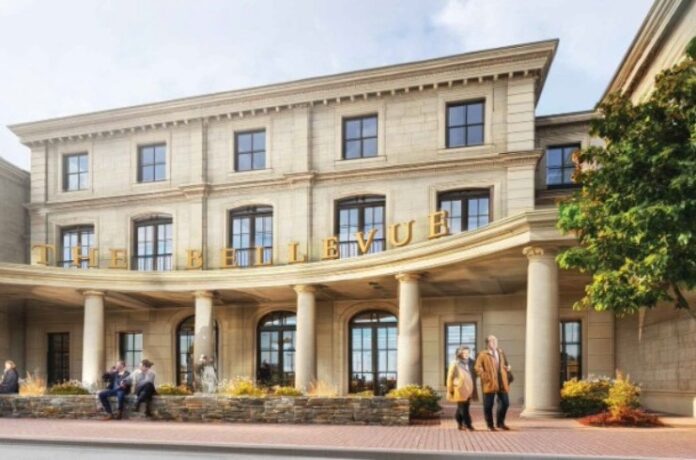
With our model and our concept, we can literally move into any kind of buildings. For example, our flagship in Amsterdam, the biggest of our hotels, is a former office building. In Brussels, it’s an old brewery, which we have converted into a hotel. It’s the case even for smaller properties such as in Leipzig, which was previously an ibis hotel by Accor. So, we are quite flexible with that.
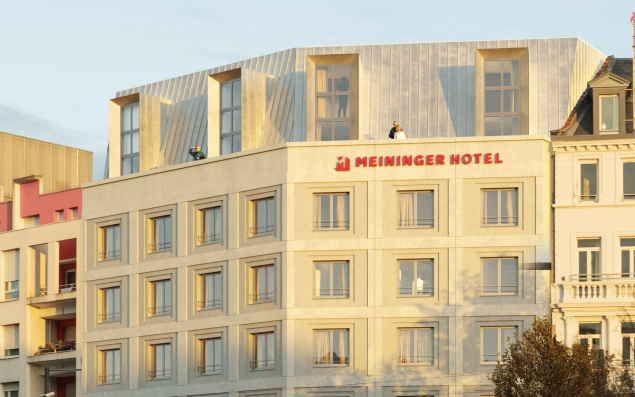
You recently announced your latest new development in France, in Strasbourg, which will be a new built this time…
Yes, the deal has been signed with two institutional partners, Credit Agricole and Banque des Territoires, and a promoter, Kauffman & Broad. And that project will indeed be a new build. The existing building, across from the railway station of Strasbourg, is too old for conversion and will be demolished. The opening is due in 2026.
But among our latest announcements is the Edinburgh’s project, the conversion of a 1970s office building, which is currently known as Osborne House, transformed into a 157 keys-hotel, complete with a residents’ bar, restaurant and lounge area on the ground floor and an outdoor seating terrace.
You regularly announce new locations, Is there a magic number of properties to reach urgently by the year 2030?
We already have 36 hotels in operation in Europe. We have announced three openings for the coming months in Edinburgh, Barcelona and Kiel in Germany. We have just announced the 40th hotels to open in Tel Avi. Then you can add the Strasbourg project which will open in 2026. And we have another four projects which are already signed but not yet announced.
There is no magic number as such, but we are continuing to develop our presence in main cities in Europe and we have already the size and capacity to manage 50 hotels. That would be the next step, easily reachable.
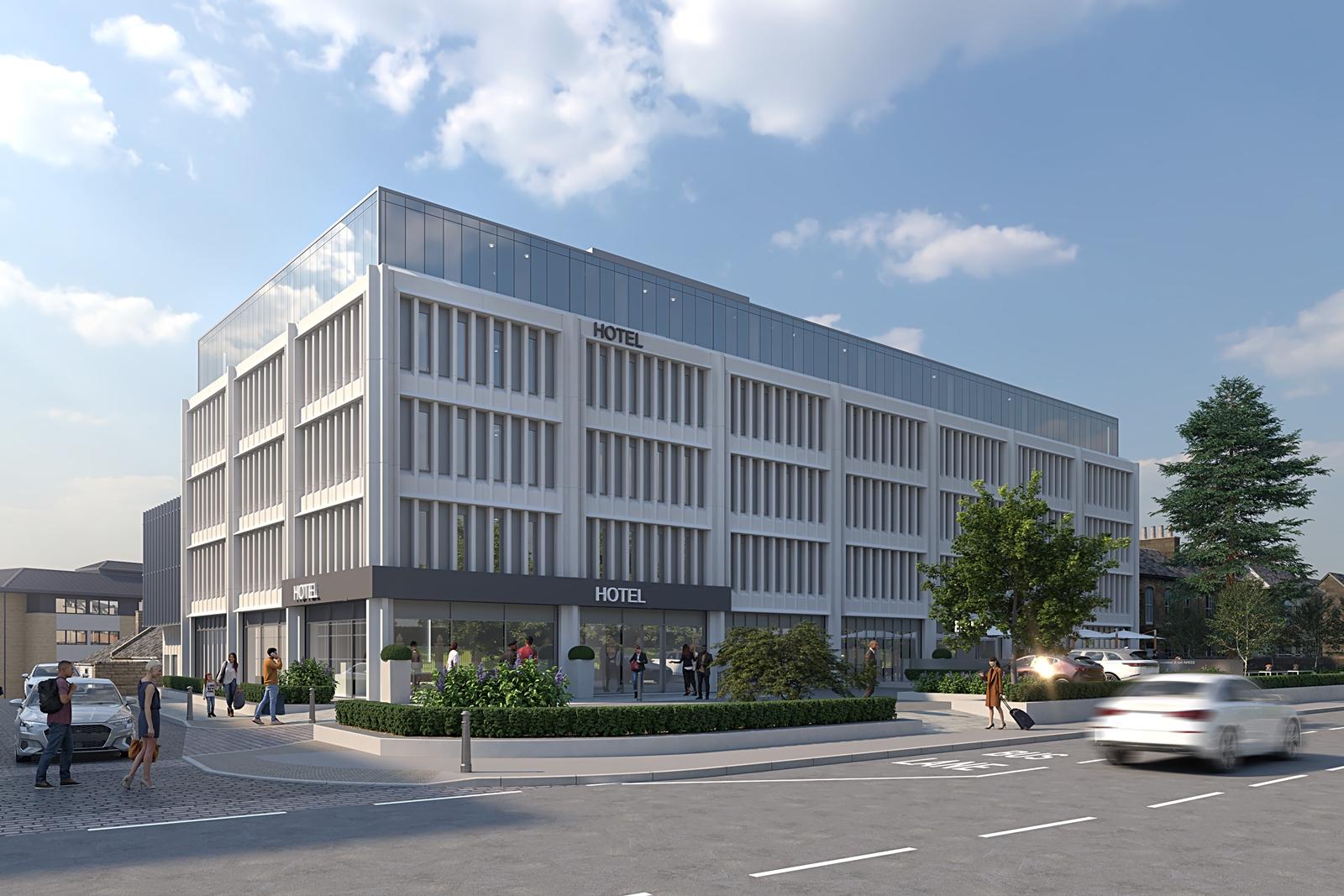
Would you have any intention, ambition to cross the Atlantic?
Not at the moment. It is true that Meininger is certainly scalable. The concept is standardized with a basic layout, the guests’ kitchen, the combined reception and bar. We have developed our own furniture and bathrooms. It’s like a toolbox with which we ca play around, depending on the shape of the next property. There are so many city centres in Europe with existing buildings to transform and that we would fit in. Greece is a target market. We want to grow further in Poland. We want to go to Scandinavia, Great Britain obviously.
The thing is, once you have opened the first hotel, there is a momentum to grow further. This is what we would do in Poland with the search for a second location in Krakow. Portugal has been on our list since ages. We had one opportunity there, but it had disappeared during the Covid crisis. In Great Britain, as soon as we have opened Edinburgh, there will be more opportunities. It’s a bit like a snowball effect. Same in Spain where we have 3 or 4 good leads, under scrutinity.
How is the original concept evolving since the first Meininger opened in Germany?
You must realize that 25 years of existence is a long period, and we experienced different chapters in our development and different focus areas. In the very beginning, they were sleeping rooms accommodating a lot of people in bunk beds. We don’t do that anymore. The maximum, now, is six beds per room. Previously you had to share outside bathrooms and toilets. Now we have them on suite, with some exceptions sometimes to accommodate students or school groups for whom it goes a little bit faster in the morning with outside facilities.
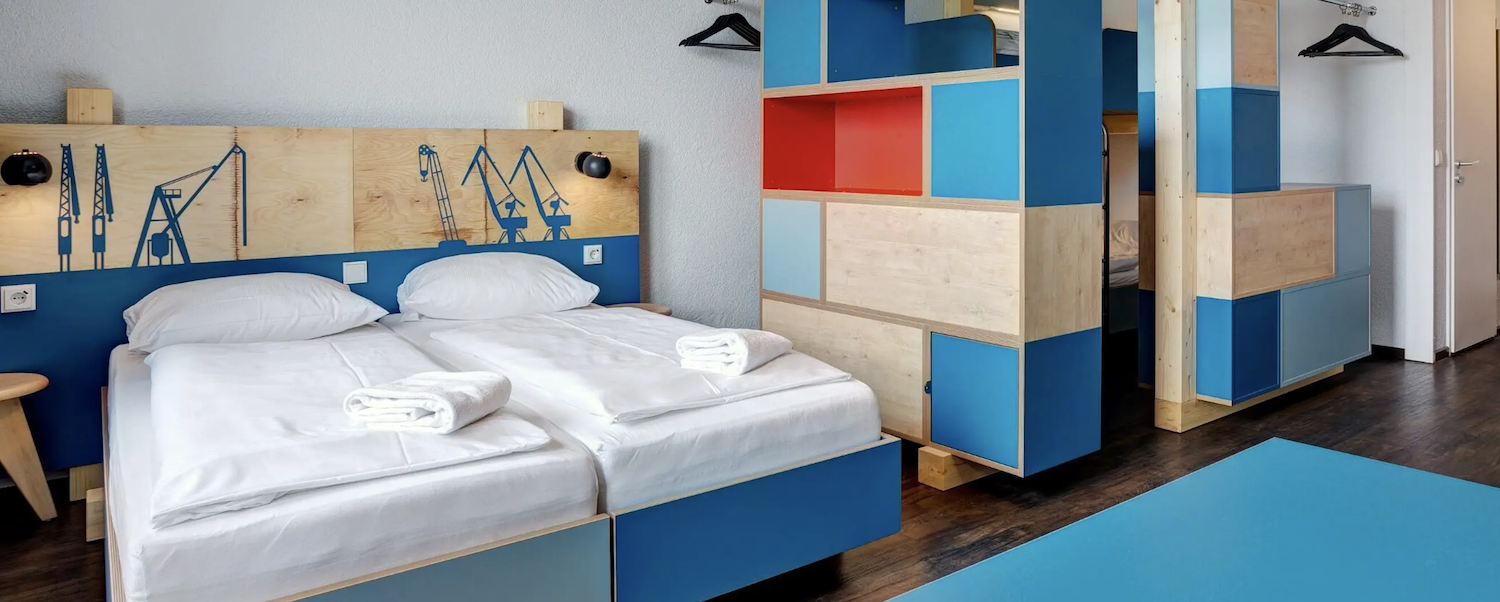
Your fist owner was a travel organization specializing in school groups travels. What proportion of that clientele remains?
We have roughly 25% assigned groups and it is no longer a majority. We cater for FITs with roughly 10% of backpackers. It is convenient and affordable for them to book a bed in the so-called dorms. We have developed a more diversify supply of rooms to accommodate individuals, families and friends. Even business clients.
What is your marketing strategy to extend your customers?
Families is a growing segment, that we would like to even intensify, and also the corporate segment. They are no CEOs of companies, obviously, but technicians, salespersons who appreciate the location, services and tariffs.
The hybrid model is very attractive for investors who split the risks among a variety of clienteles. Is it more difficult in terms of operation to manage different crowds of guests with different behaviors.
I might seem difficult, but we are used to it in a way. The biggest potential trouble is usually in the morning in the breakfast room, but we put groups into separate floors, and we try to have the families on different floors as well so that you can manage circulation and timings. I have stayed many times in Meininger hotels and yes it can be a little bit loud and hectic sometimes. But we have no major issues with that, it’s all manageable.
Are you adjusting to new trends that appeared or were intensified after the Covid crisis, especially among the younger generations?
When the crisis was over, I believe our segment of accommodation was the first to pick up and we benefited from that trend. The city explorers were rapidly coming back and, from a room occupancy perspective, we were leading the market. And I think that will continue. Obviously, we monitor closely how the young generation is travelling. They do shorter trips, but they do more trips. They are willing to go on their own or meeting with friends, with their tribe, and we can cater for that. It’s fun to see how they interact in the guest kitchen and mix their culture. Asian people cooking the noodle soup while New Zealanders have their steaks. Then the chitchat starts and that’s quite dynamic and interesting.
is there a need for new adjustments to the concept?
We have been a bit more focus on the public areas, to work on the atmosphere, the coziness. The property in Cologne is a good example of the interior design and the soft furnishing, the lighting concepts and the background music. We tend to keep the people in-house, to have a better capture rate for our F&B propositions. Automation is a second concern. We need to go into that direction. We have tested robots for vacuum cleaning for example. We have tested a lot of self-checking kiosks, but we are in the process of developing our own kind of platform that will send a message prior to your arrival and the possibility to pre-enter your data and even to pay beforehand. It is designed to speed up the process at the reception to get your key.
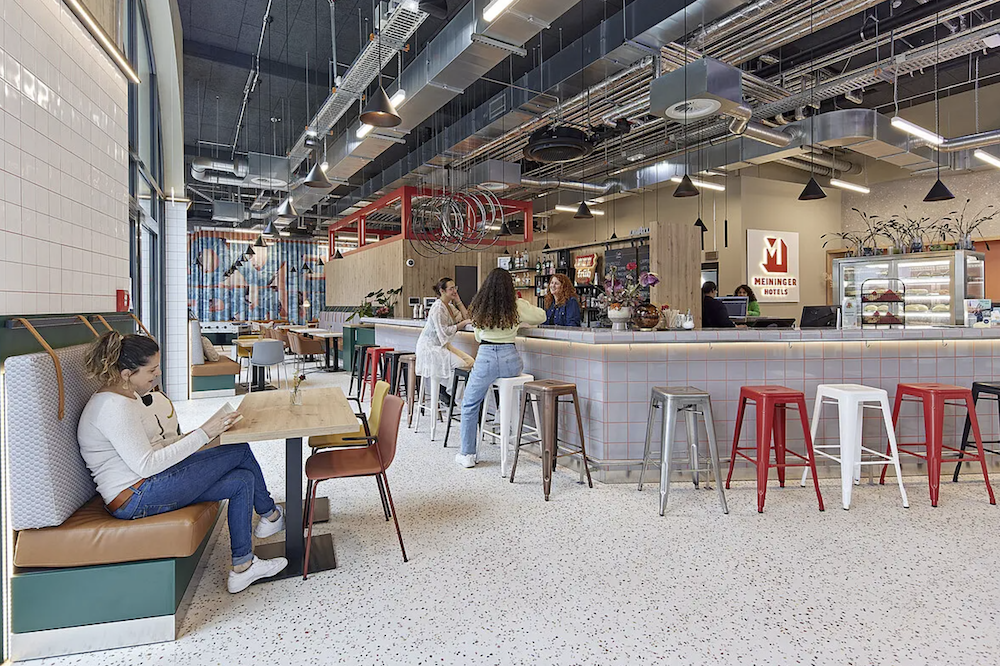
At some point, there was a consideration for a change of name, considering that some people had trouble pronouncing correctly Meininger. Where do you stand on that issue?
This idea has passed. When you have 25 years of history, you cannot just put that aside. And the story behind the name is nice. Three young guys have decided to start their business by acquiring an old student hotel and when they asked how do we call this hotel? The answer was the name of the street where it was located, Meininger Strasse. “So everybody knows where to find us”, was the obvious reason. Now, I think we are well established and the brand awareness is growing, even if we still have work to do in terms of marketing.
How do you see your immediate future? Are you confident with the current situation in Europe?
Financially, we are quite confident with this year closing. Our financial year goes until end of March and we are ahead of last year, which is good. We had higher expectations counting on the continuing of the revenge travel, which we enjoyed the last two years. It has settled.
This year and next year will be financially impacted by our heavy Capex on refurbishments. Ten properties will benefit from the program such as Munich or Berlin and the older part of the portfolio.

